When it comes to freight trucking, knowing the different types of trucks is essential. Whether you are a business owner, a driver, or someone just getting started in the trucking industry, it’s essential to understand the different types of trucks used for hauling freight.
From box trucks to semi-trailers, every kind of truck has its own purpose and features. In this article, we will cover the various types of freight trucks you need to know to ensure your freight gets delivered safely and on time.
What are the 5 types of trucks?
The common 5 types of trucks are Flatbeds, Vans, Reefers, Tankers, and car carriers.
Flatbed
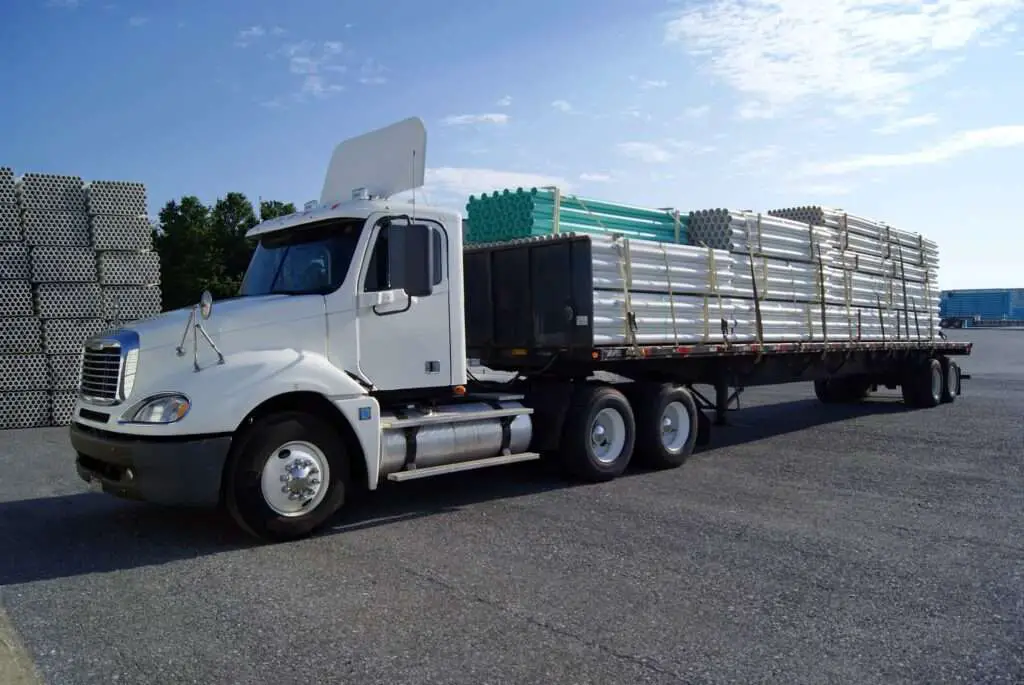
Flatbeds are one of the most popular types of freight trucks for hauling large, heavy loads. They consist of an open-top truck with a flatbed trailer that has no sides or roof and can be used to transport items such as building materials, machinery, and even vehicles.
Flatbeds can also be used to move oversized loads that may not fit inside a standard-sized box truck.
Flatbeds are ideal for transporting items that are too large or heavy to fit in standard-sized trailers and must be secured down with straps or chains. As they have no roof, they offer better access to the load, making it easier to secure the items being transported. Flatbeds also offer better airflow, reducing the risk of heat buildup during transport.
When choosing a flatbed truck for your freight needs, consider the size and weight of the load you need to transport. Larger flatbeds at 53 feet are better suited for heavier loads while smaller flatbeds at 48 feet are better for lighter loads.
Be sure to check the maximum weight limits before booking a flatbed. It’s also important to note that some states have restrictions on the size of loads transported on flatbeds.
Vans
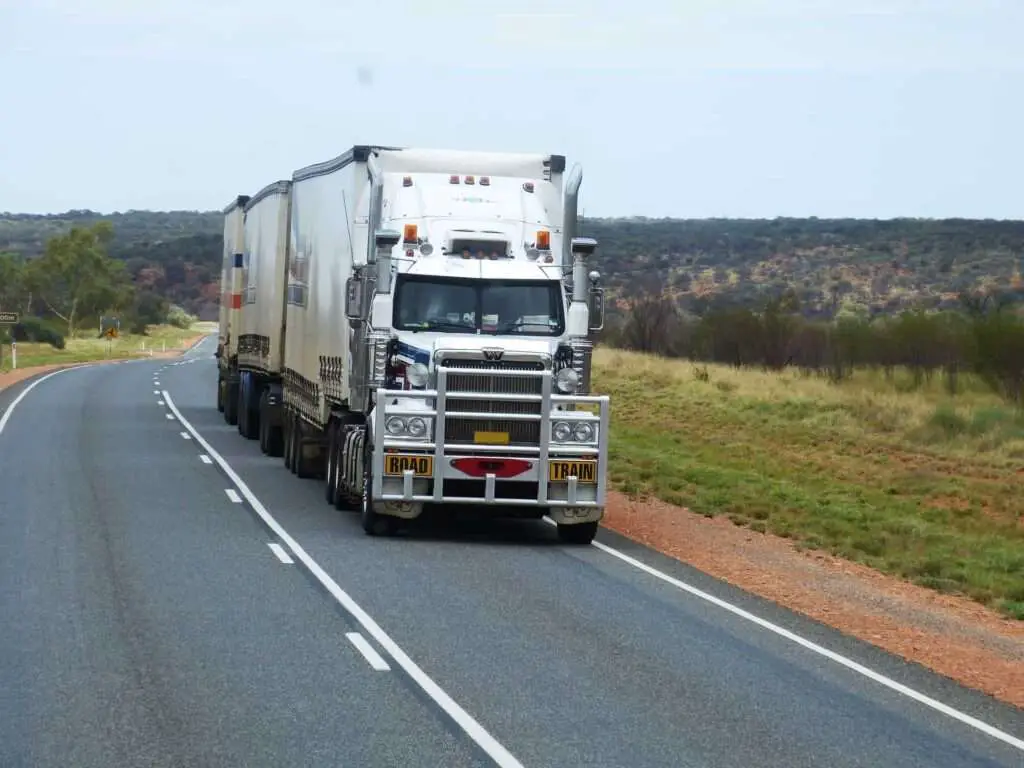
Vans are the most popular type of freight truck and are used to transport all kinds of items. They are available in a variety of sizes, from small box trucks to larger semi-trailers. They are generally used to carry consumer goods, but can also be used to transport other types of materials.
Van freight usually involves multiple stops, as different types of items need to be dropped off at different locations. Van freight can be expensive, so many truckers opt for other types of freight.
In order to maximize profits, it is important to look for van loads that have a high rate of pay and low levels of risk. There are three main types of van freight, including box trucks, cargo vans, and dry vans. Box trucks are generally used for small, local deliveries, while cargo vans and dry vans are typically used for longer trips. These latter two options also offer extra security, with cargo vans featuring a locking system and dry vans featuring an alarm.
Regardless of the type you choose, it’s essential to know all your options when it comes to trucking, so you can make the most profitable decisions for your business.
Reefers
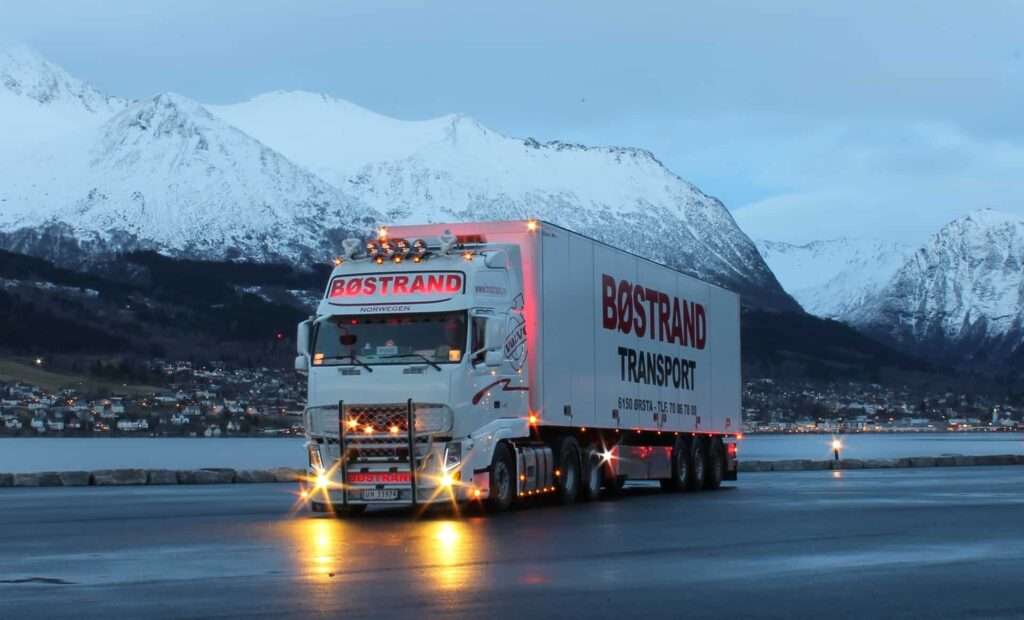
Reefers, short for refrigerated trucks, are specialized vehicles used for transporting temperature-sensitive goods, such as food and other perishables. The trailer itself is outfitted with a cooling or heating unit to maintain the product’s desired temperature.
Reefers require additional training to operate, as most companies require the driver to understand the basics of how to load and unload the trailer. Reefers often require extra paperwork and documentation to ensure the safety of the product during transit.
The most common type of reefer is a dry van, but there are several types available. These include flatbeds, reefer boxes, tankers, container chassis, and refrigerated containers. Reefers are one of the most common types of freight trucks on the road today and they can be used to transport a wide variety of products. This includes perishable items such as fruits and vegetables, meats, dairy products, seafood, and even frozen foods. Reefers are also commonly used to transport pharmaceuticals and medical supplies.
The biggest challenge in operating a reefer is maintaining the correct temperature throughout the entire journey. If you’re looking to enter the trucking industry, a reefer truck may be the way to go if you want to specialize in hauling temperature-sensitive goods.
Tankers
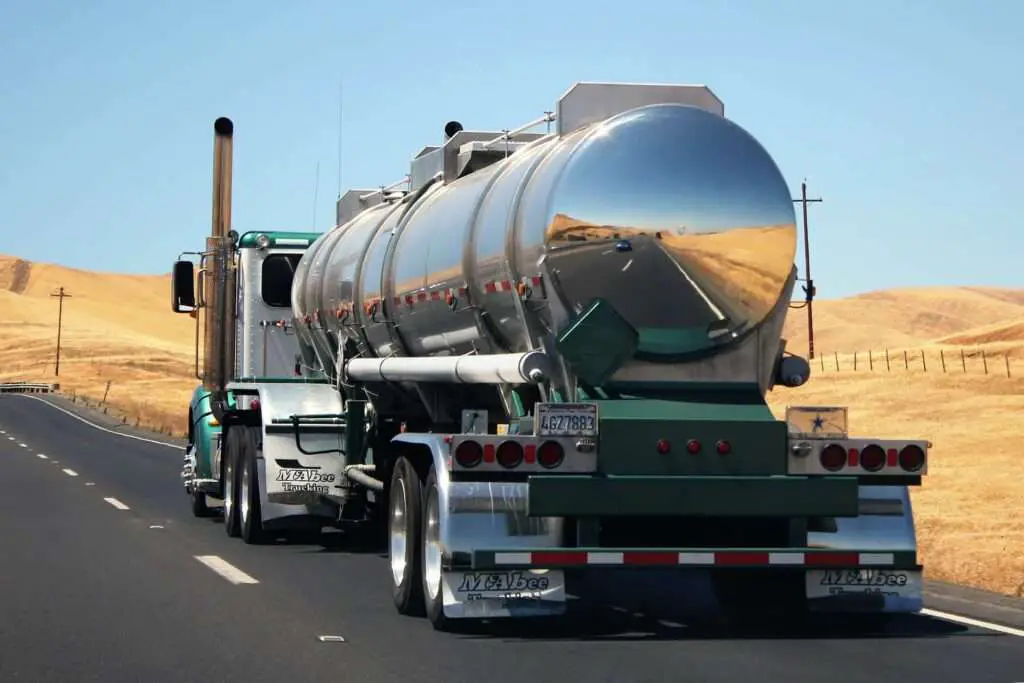
Tankers are specialized trucks used to haul liquids such as oil, gasoline, and other hazardous materials. These trucks have special compartments designed to hold these liquids, and they often need to be insulated or heated to keep the liquids from freezing or boiling over.
Tankers are usually driven by experienced drivers who have extensive training and certifications for hauling hazardous materials. Tanker freight can pay some of the highest rates in the trucking industry, but it also comes with some of the most dangerous risks.
Drivers must take special precautions when driving a tanker, as any leakage of hazardous materials could result in fines and lawsuits. Additionally, tankers are not always the most efficient form of freight transportation as they can be difficult to maneuver on certain roads.
Car Carriers
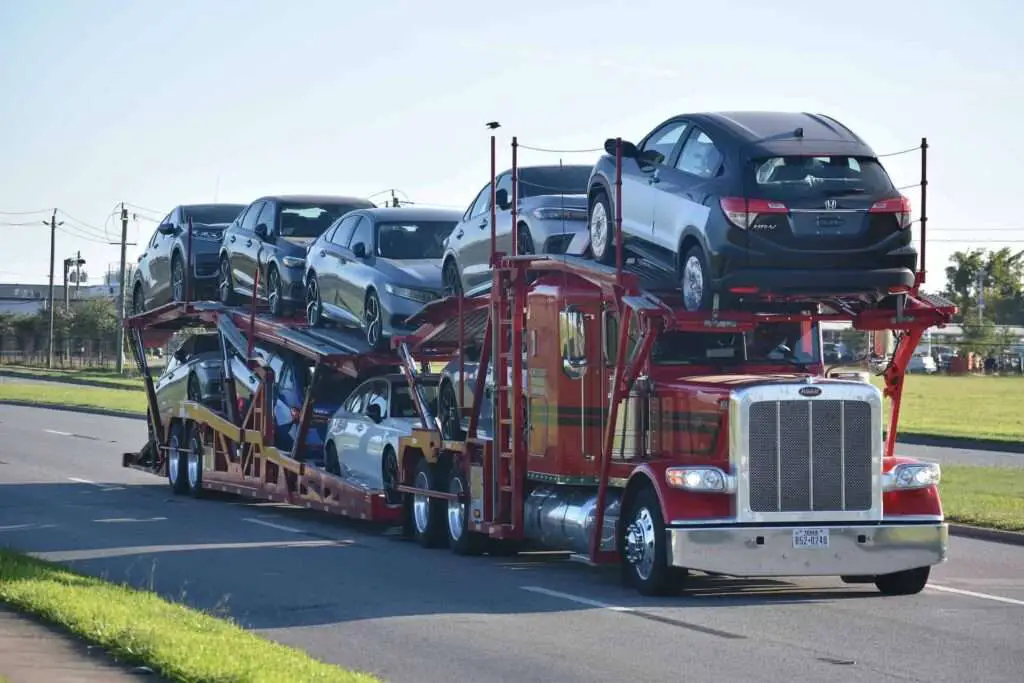
Car carriers are special trucks designed specifically for the transport of cars and other vehicles from one location to another. They are generally large, flatbed-style trailers that can hold up to 10 vehicles at once.
Car carriers can be loaded from the side or from the top with a system of ramps and winches. Car carriers are often used by auto dealerships to transport new cars, or by car rental companies to move cars between locations.
The cost of hiring a car carrier varies depending on the size of the vehicle and the distance it needs to travel. Some companies offer discounts for multiple cars traveling together, so if you’re planning to transport several vehicles it’s worth shopping around to get the best rate.
It’s also important to check the credentials of any company you choose to make sure they are experienced in transporting cars safely and securely.
What types of loads pay the most in trucking?
Trucking is a great way to make money and some loads pay more than others. The type of freight you haul will determine your rate of pay.
Tankers are large trailers designed to haul liquid cargo, such as fuel and chemicals. They’re usually very heavy and require special handling and training, so they tend to offer higher pay for truckers who can do the job safely.
What is the highest-paying freight to haul?
The highest paying freight to haul is usually the specialized or “over-dimensional” loads. These are shipments that require special permits, special trucks, and sometimes even escort vehicles due to their size.
Such shipments usually involve oversized construction materials, equipment, and other bulky items. Since such shipments require more skill and effort on the part of the truck driver, they tend to pay better than regular freight hauling.
Other high-paying freight loads include hazardous materials, livestock, and refrigerated goods. Additionally, truck drivers who haul long distances often get paid more as well. Ultimately, it all depends on the type of freight and the market demand.
What is the most common truck freight?
The most common type of truck freight is general dry goods. This type of freight includes items such as food, beverages, retail goods, building supplies, clothing, and other goods that don’t need to be refrigerated.
This type of freight is typically hauled on a van or flatbed truck and the loads are generally not too heavy or bulky. Many of these goods are loaded and unloaded manually, so drivers don’t have to worry about having specialized equipment for hauling them.
The other common type of truck freight is refrigerated goods, which require specialized equipment in order to keep the temperature at a safe level for the product being transported. Refrigerated freight includes items such as dairy products, produce, frozen foods, and other perishables that need to be kept cold.
Reefer trucks are typically used to haul this type of freight, and drivers must be equipped with the proper safety and equipment training in order to operate them.
What type of freight is the cheapest?
Commonly, Vans is a type of freight that tends to be cheaper to haul than other types. This is because they are smaller than flatbeds, meaning they can fit in tight spaces, like city streets. Vans also provide greater protection for goods, which helps cut down on costs associated with breakage or theft.
Flatbeds are considerably cheap if your freight is bulky and irregularly shaped. Because there are no doors on 4 sides of flatbeds so they offer more visibility and ease of loading than any other type of truck.
What is the easiest type of freight to get?
The easiest type of freight to get depends largely on your location and the type of truck you have. If you are located near a major city, then flatbed and van freight will be the easiest to get as these loads usually involve short hauls.
Reefer freight will also be easier to get in urban areas due to the large number of produce and food distributors needing temperature-controlled shipments.
If you are located in a rural area, then car carriers are usually the easiest to find. Car carriers typically involve long-distance trips, so they are easy to find in rural areas with fewer customers.
Tanker freight can also be found easily in rural areas, as fuel is needed all over the country. Ultimately, the type of freight that is easiest to get will depend on your specific location and the type of truck you have.
You might also like to read the below-related articles
Trucking vs Logistics: 7 Main Differences (Explained)
How Long Is Truck Freight shipping?
Good Or Bad About Transportation
Is Logistics Easy? ( Explained With Examples)
9 Things You Should Know About Logistics
.
